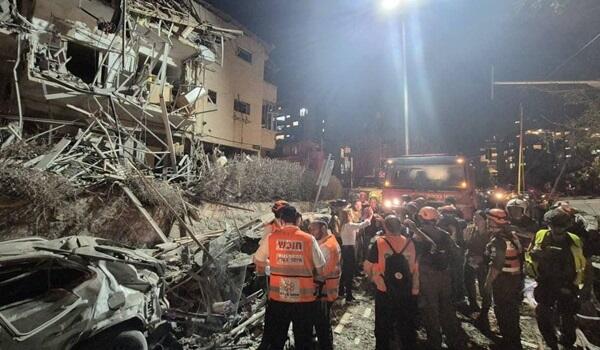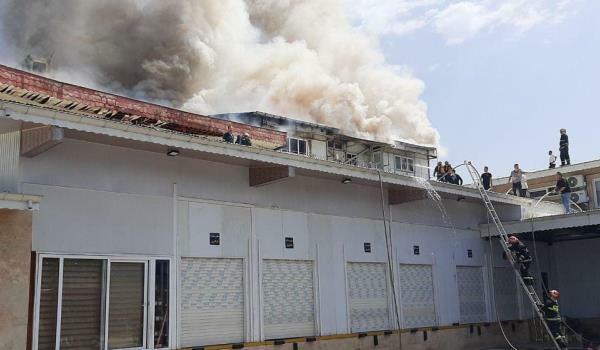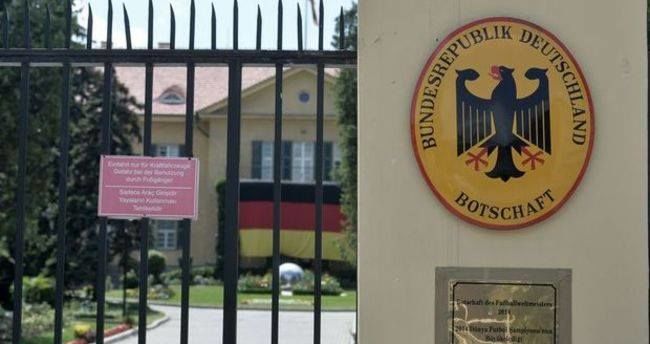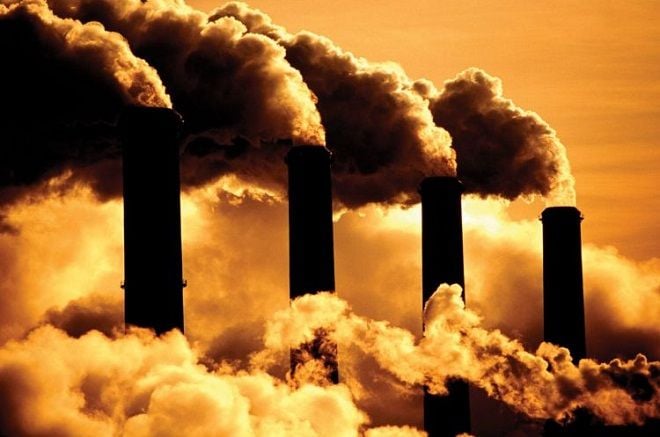Stanford researchers have developed a groundbreaking electrified reactor that offers a cleaner alternative to fossil fuel-based industrial heating.
Axar.az reports that by using electricity, the reactor can significantly reduce carbon emissions from industrial processes, which currently contribute to a third of the United States' carbon dioxide output. This innovation could play a crucial role in mitigating climate change by decarbonizing a major source of greenhouse gases.
The reactor uses magnetic induction to generate heat, a process similar to that found in induction stoves, but adapted for industrial use. This method heats materials internally, eliminating the need for extensive infrastructure and reducing energy loss. In a proof-of-concept demonstration, the reactor achieved over 85% efficiency, meaning it converted nearly all electrical energy into usable heat, making it smaller, cheaper, and more efficient than traditional fossil fuel technology.
The Stanford team used the reactor to power the reverse water gas shift reaction, which converts captured carbon dioxide into a valuable gas for creating sustainable fuels. The researchers are now working to scale up the technology and apply it to other industrial processes, such as carbon capture and cement manufacturing, with the goal of further reducing industrial carbon emissions and advancing sustainable energy solutions.


.jpg)

































.jpg)

















